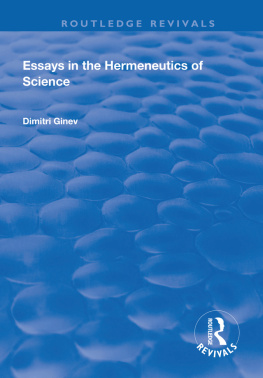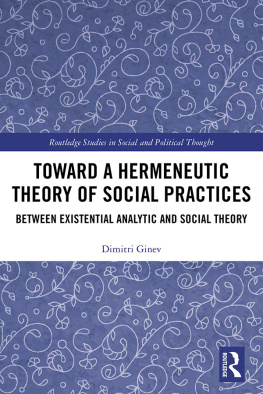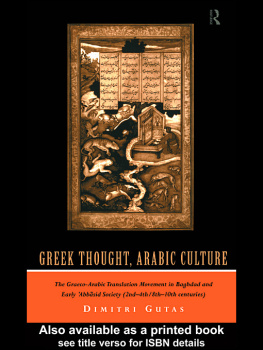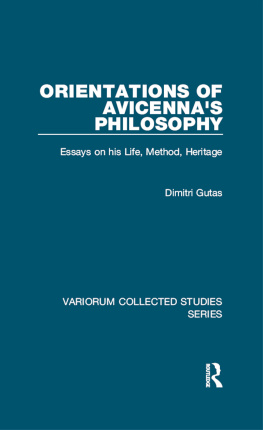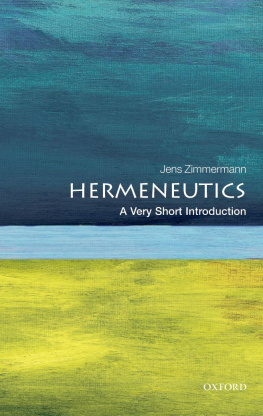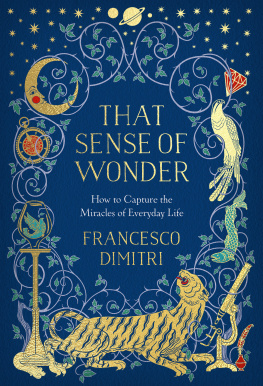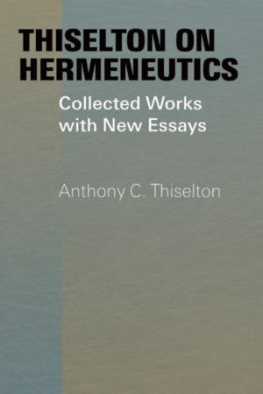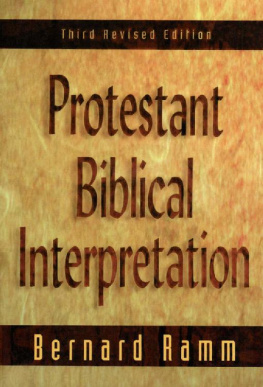First published 1997 by Ashgate Publishing
Reissued 2018 by Routledge
2 Park Square, Milton Park, Abingdon, Oxon, OX14 4RN
711 Third Avenue, New York, NY 10017, USA
Routledge is an imprint of the Taylor & Francis Group, an informa business
Copyright Dimitri Ginev 1997
All rights reserved. No part of this book may be reprinted or reproduced or utilised in any form or by any electronic, mechanical, or other means, now known or hereafter invented, including photocopying and recording, or in any information storage or retrieval system, without permission in writing from the publishers.
Notice:
Product or corporate names may be trademarks or registered trademarks, and are used only for identification and explanation without intent to infringe.
Publisher's Note
The publisher has gone to great lengths to ensure the quality of this reprint but points out that some imperfections in the original copies may be apparent.
Disclaimer
The publisher has made every effort to trace copyright holders and welcomes correspondence from those they have been unable to contact.
A Library of Congress record exists under LC control number: 97074442
ISBN 13: 978-1-138-31290-6 (hbk)
ISBN 13: 978-0-429-45786-9 (ebk)
Hermeneutic phenomenology and ontology are often dismissed by analytically inclined philosophers of science as an obscure and speculative enterprise. In an earlier book (Ginev, 1997) I argued that various frameworks of hermeneutic philosophy stand out from what now passes for Continental thought in their ability to engage analytical and postempiricist philosophy of science in a fruitful dialogue. The essays collected here have been guided by the impetus to explore some general implications of this dialogue. The philosophical picture of science I contend to offer is opposed above all to the epistemologically-centered pictures of science. But it is also in disagreement with all programmes that reduce philosophy of science to a kind of cultural studies of science. In other words, I reject the programmes that displace any approach to the cognitive structure of science by taking as their exclusive object of investigation "the traffic between scientific inquiry and those cultural practices and formations that philosophers of science have often regarded as 'external' to knowledge" (Rouse, 1996, p. 239). As a rule, the champions of this radical externalism claim that their 'deflationary approach' to scientific knowledge is the only way to avoid epistemic essentialism and reificationism. In denying an autonomous (cognitive) content of science, they even criticize the programme of social constructivism for being tacitly committed to old dualisms like that of scheme and content.
In what follows I will argue that hermeneutic philosophy of science is compatible with neither epistemic essential ism nor the 'deflationary approach' to scientific knowledge. It is an antiessentialist enterprise, which shares with Rorty's neopragmatism the view that science is not a natural kind. Yet, in contrast to Rorty's post-philosophy, the anti-essentialism of hermeneutic philosophy of science does not reject the internal content of science as established by the internal history of science.
Furthermore, the role of the hermeneutic philosopher of science is not to be limited to case studies of contexts of practices and open communities which reinforce one another in constituting scientific knowledge. She/he is not a postmodernist, who is preoccupied either with studying how the body of scientific knowledge is fragmented into a plurality of local contexts of producing contingent discourses, or, with a 'deconstructive subversion' of any foundational strategy for defining a cognitive identity of science.
I will summarize the central argument of this collection of essays in the following manner: There is a cognitive autonomy of science (and respectively, an internal history of science), which, however, cannot be recast in terms of a normative epistemology (respectively, a normative model of rationality), but in terms of a hermeneutic ontology of existence and a hermeneutic theory of historicity. To give an account of (human, social, and natural) sciences' cognitive autonomy in hermeneutico-ontological terms amounts to developing an antipode to the view that the (philosophical) study of science has to seek (in a natural-scientific manner) 'regularities and causal mechanisms' (Fuller, 1989, p. 3). Following some suggestions advanced by Patrick Heelan (1994), I call this (radical) hermeneutico-ontological approach to science's cognitive dynamics a strong programme in hermeneutics of science. Given that most of the hermeneutic investigations of (natural) science either are exclusively concentrated on the forms of communicating the results of scientific research (and not on the cognitive content of this research), or are guided by the idea that considerations from the standpoint of philosophical hermeneutics are only relevant when the epistemologists encounter failures of epistemic rationality, I have no doubt that the strong programme in hermeneutics of science has a role to play not only in changing our understanding of science, but also in reformulating the epistemological problematic of modern philosophy in hermeneutico-ontological terms.
The background assumption against which the strong programme of the Edinburgh school in the sociology of knowledge is developed is the naturalist assumption that all cognitive aspects of science are natural phenomena which are to be given causal explanations. The famous symmetry thesis states that the same set of explanatory resources should be used to explain both the scientific behaviour governed by epistemic standards of rationality and the deviations from these standards. By contrast, a strong programme in hermeneutics of science is guided by the interpretive assumption that the cognitive organization within which natural (causal) explanations come into being becomes articulated within an (ontologically primordial) hermeneutic medium. Hence, the same hermeneutico-ontological analytic should be used to give an account of both the 'ontological possibility' of the totality of cognitive activities that we call science and the 'natural worlds' constructed by science. In this regard, a strong hermeneutics of science (based upon existential ontology) is a radical programme whose radicality has two moments: (a) the possibility of any attempt at a naturalistic reinterpretation of the hermeneutico-ontological interpretation of science is radically excluded; and (b) the programme provides a radical critique of any attempt at achieving a philosophical identity of science by postulating a kind of epistemological foundationalism.
The main aspects of the strong programme I am going to sketch out in this collection of essays are the following:
(1) The hermeneutic philosophy of science continues the tradition of transforming The principal difference between the two versions of phenomenology concerns the way of treating what has to be counted as a foundational level of the process of constituting meaning. According to Husserl's phenomenology, this is the level of transcendental subjectivity. There is no being that could 'lie behind' the transcendental ego, or, to put it in other words, there is no being on which the constitutive intentionality of consciousness may depend. As a consequence, within the framework of Husserlian phenomenology the notion of foundational (or, transcendental) ontology is an impossible notion. The ontology of life-world makes no exception in this regard since it is not a foundational theory of the world-totality of the constituting subjectivity. According to Husserl, the ontology of life-world is not a foundational, but rather a specific eidetic (regional) ontology. A theory of life-world's being reveals the eidos life-world that persists in the cultural diversity of empirical life-worlds. Husserl has done thorough work on grounding physicalistic objectivism (and the logical structure of natural-scientific knowledge) on transcendental subjectivity. Let me remind that in his programme of overcoming the 'crisis of the European sciences' the life-world as the pretheoretical world plays the role of an intermediary between objectifying theoretical thinking and the primordial ego as the source of constituting meaning. The function which the ontology of the life-world has to serve is to reveal the general systematic structure (as a general formal structure) of pretheoretical experience. In other words, though not radically excluded, the ontological grounding of scientific thinking is only a preliminary procedure on the way to overcoming the forgetfulness of 'effective rationality' (to use an expression from Husserl's Vienna Lecture) through reactivating the subjectivity that is working behind the epistemic rationality of science. In the last analysis, more important than the necessity of making the life-world a theme of ontological reflection, and studying how the cognitive constructions of science are built upon the life-world's structures, is the task to achieve the 'ultimately grounding science' of transcendental subjectivity that grounds not only all branches of empirical science but each possible ontological reflection as well.


